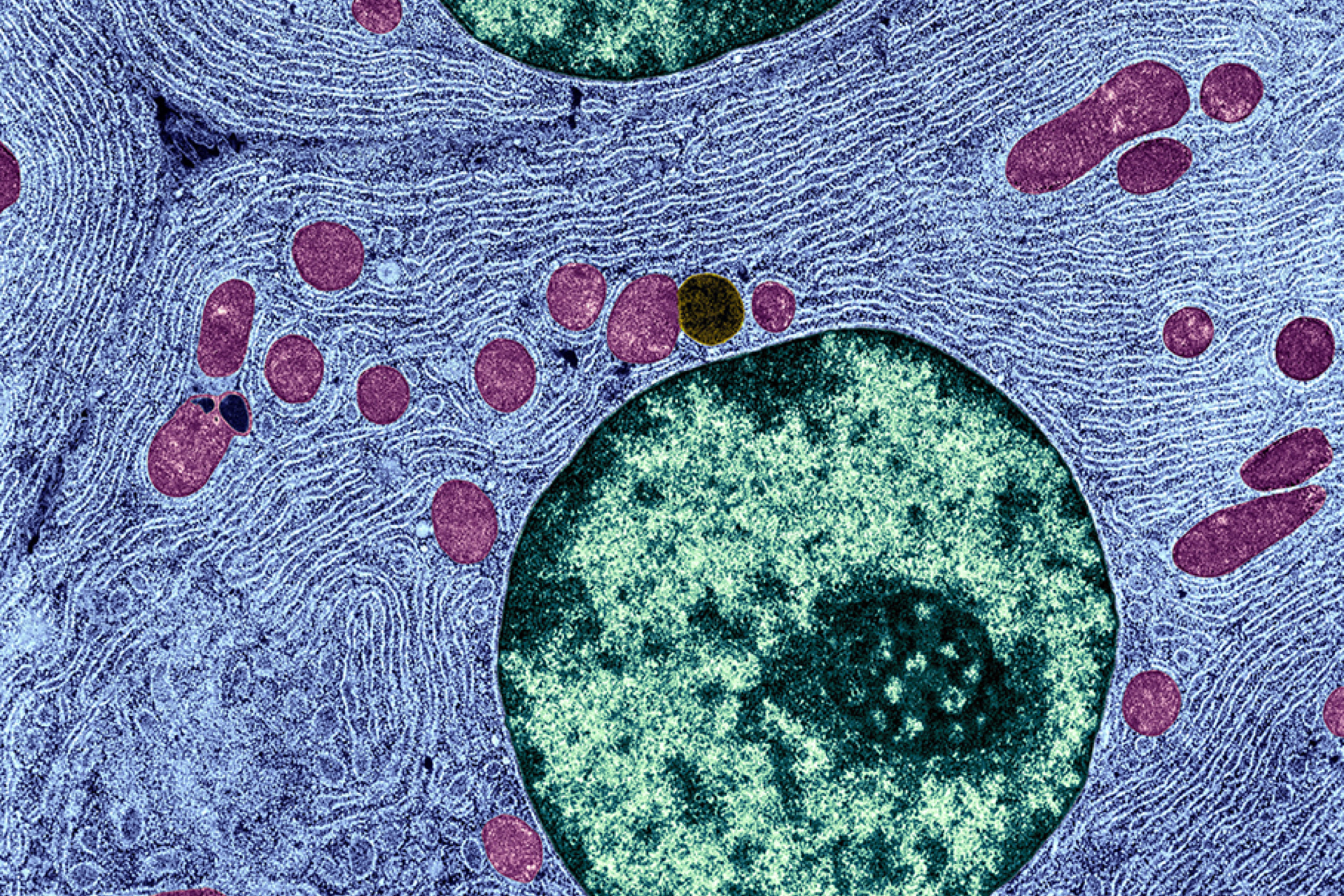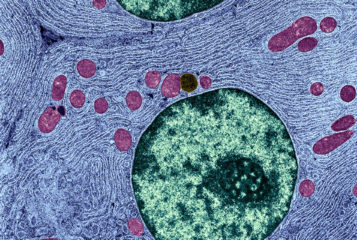The House of Lords has voted by 280 to 48 to pass regulations permitting mitochondrial donation. This makes the UK the first country in the world to legislate for the use of mitochondrial donation techniques in treatment.
These techniques are intended to avoid the transmission of mitochondrial disease from mother to child. The Lords' decision follows a debate in the House of Commons earlier this month, where MPs also voted - by 382 to 128 - in favour of the regulations (see BioNews 770).
Government minister Earl Frederick Howe introduced the debate in the House of Lords, discussing three expert scientific reviews of the safety and efficacy of mitochondrial donation that have been conducted over the past few years. 'Families can see that the technology is there to help them and are keen to take it up. They have noted the conclusions of the expert panel. It would be cruel and perverse, in my judgment, to deny them that opportunity for any longer than absolutely necessary.'
Lord Deben (formerly the MP and government minister known as John Gummer) tabled a so-called 'fatal amendment', which threatened to prevent the government's regulations from being passed. He argued that 'there is considerable disagreement... about whether this action is legal under European law', and that 'there are real doubts about safety'.
The debate that followed lasted four hours, and included impassioned contributions from all sides. Professor Lord Robert Winston, the fertility expert, argued that 'it would be utterly wrong for this House to turn down the democratically elected chamber and not to support what the government propose'.
Viscount Matt Ridley took exception to Lord Deben's suggestion that Parliament had been rushed into a decision on this issue. 'Far from being hurried, it has been under development for more than 30 years, under debate for 15 and under scrutiny for five. There is nothing slippery about this slope. There has been no rush. Now, however, that we have reached this stage there jolly well should be some reasonable haste on behalf of the women whose reproductive life is running out and who desperately want their own child.'
Ultimately, Lord Deben's amendment was rejected by the House of Lords, and the mitochondrial donation regulations were supported. The UK's fertility regulator, the HFEA, is now empowered to consider issuing treatment licenses to clinicians who wish to offer mitochondrial donation.
Professors Doug Turnbull and Alison Murdoch, two of the researchers at Newcastle University who have pioneered mitochondrial donation techniques, welcomed the result. 'This is wonderful news for patients and families affected by mitochondrial disease', said Professor Turnbull. 'We hope to be able to submit a treatment application to the HFEA when regulatory policies have been determined', said Professor Murdoch.
Sarah Norcross, Director of the Progress Educational Trust (PET, the charity that publishes BioNews) said: 'This is a victory for reproductive choice. The people best placed to decide whether mitochondrial donation is the right option are the families who stand to benefit, in consultation with their clinicians.'





Leave a Reply
You must be logged in to post a comment.